Can the Practice of Primary Care Medicine ever be Practical Again?
A Country Doctor Writes
JULY 1, 2025
I wrote this when I was working for a fairly traditional primary care office, a Federally Qualified Health Center, which did have a somewhat preferential pay rate from Medicare and Medicaid, in part because we offered sliding feee to uninsured patients, in part because we offered a few “enabling services” as the bureaucrats call it.

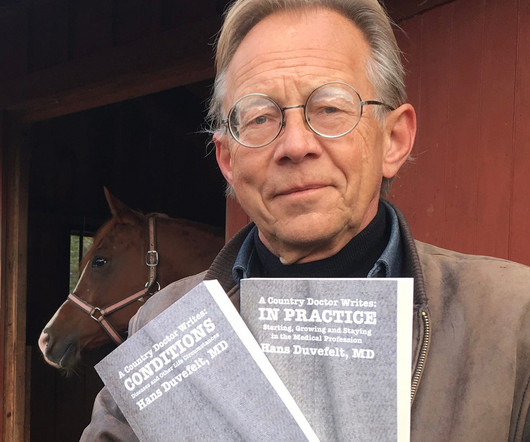
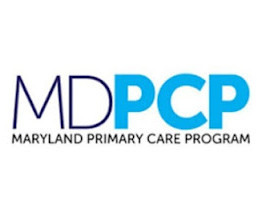
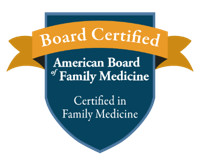
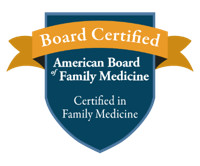
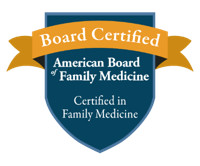






Let's personalize your content